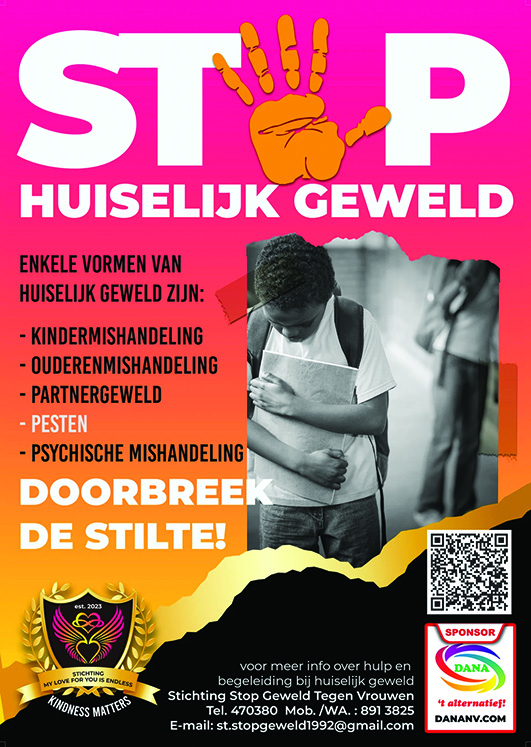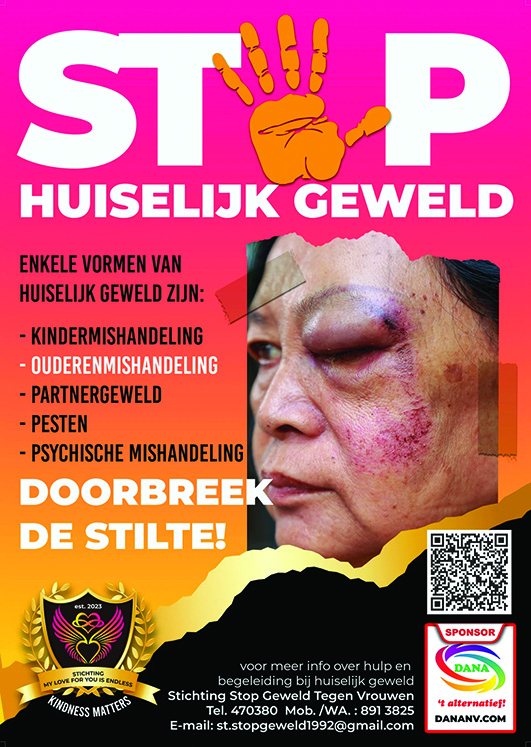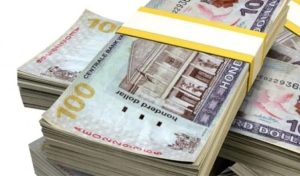CARACAS – Venezuela’s government and opposition have closed the official presidential election campaign period, with demonstrations of support that drew thousands of people on to the streets of the capital Caracas.
President Nicolas Maduro, who is seeking a third term, appeared on Thursday before supporters on a huge stage set up on one of the city’s main roads and rallied attendees with musical intermissions and dancing that peppered his speech.
Maduro told the crowd, some of which were transported to Caracas on state-owned buses, that his opponents were promoters of violence and described himself as a man who could ensure peace.
“Who of the 10 candidates guarantees peace and stability?” Maduro asked the crowd.
Maduro warned last week of a “bloodbath” if he were to lose, comments that drew criticism from Brazilian President Luiz Inacio Lula da Silva.
Brazil’s electoral court and former Argentinian President Alberto Fernandez both said that they had withdrawn from acting as election observers on Sunday.
Supporters of Maduro say he has successfully continued his predecessor Hugo Chavez’s legacy, and he remains a champion for the poor.
“It’s good for us if he [Maduro] wins,” said public servant Luisa Medina, 51. “It’s the only government which has thought about us, the poor,” Medina said.
Maduro is being challenged by former diplomat Edmundo Gonzalez Urrutia – who represents the resurgent opposition – and eight other candidates.
Urrutia and opposition party leader Maria Corina Machado – gathered far fewer supporters for their final rally last Thursday – moving through the city standing atop a platform affixed to a truck until they reached a middle-class district of the Caracas.
Gonzalez said he trusts the country’s military will ensure respect for the result of the vote on Sunday.
Venezuela’s military has long supported Maduro and Chavez, though the country’s Defense Minister General Vladimir Padrino has said the armed forces will respect the outcome of the vote.
Gonzalez inherited the opposition mantle from Machado, who has been barred from holding public office. Supporters have expressed fears that Gonzalez could also face a similar ban or other restrictions, but he said he was confident of peaceful voting and a decisive victory on Sunday.
Maduro’s government has presided over an economic collapse in Venezuela, the migration of about a third of the population, and a sharp deterioration in diplomatic relations, which was crowned by sanctions imposed by the United States, European Union and others which have crippled the country’s already-struggling oil industry.
The US reimposed sanctions on Venezuela’s oil in April, accusing Maduro of reneging on deals reached with the opposition to ensure democratic elections.
The White House expressed concern about the threat of violence around the election, warning Maduro that the vote must be fair and free of repression.
Polls will open from 6am (10:00 GMT) to 6pm (22:00 GMT) on Sunday and the results are expected to be known on Sunday evening or in the following days. (Al Jazeera) …[+]


























